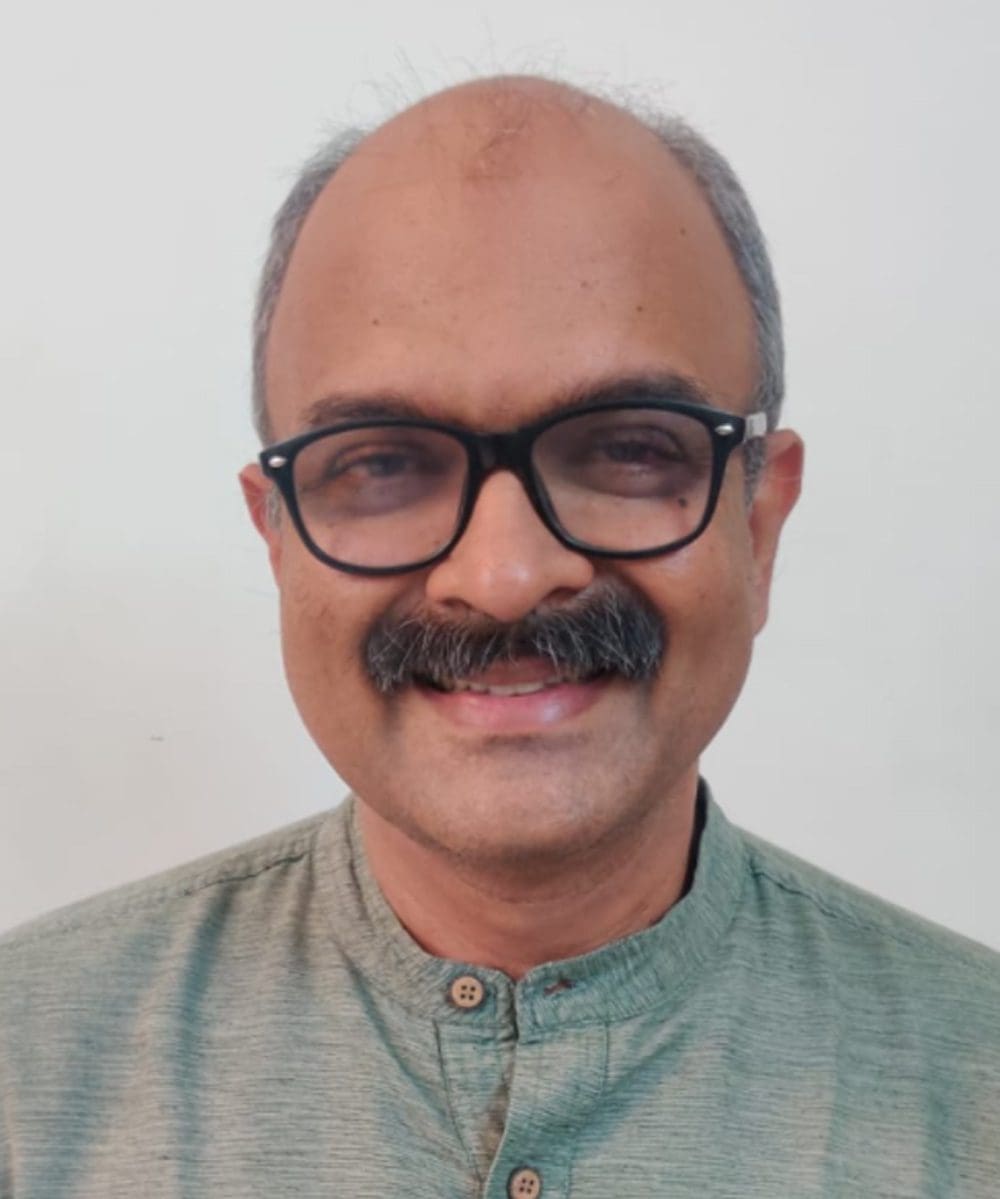Residents of many small villages in India no longer have to end their workday when the sun goes down. Because of the work of Rajesh Kunnath and other volunteers at the IEEE Standards Association (IEEE SA) designing installation rules for basic electricity supply from a renewable source such as an extra low voltage battery, village residents can now work for a few hours in the evening. The ability to knit two more dresses a day or weave several more baskets each week quickly adds up to more income for families.
Rajesh says that access to power also means that villagers now have access to communication with the rest of the world, which reduces the digital divide between those with internet access and those without.
“We’ve had people who had to carry batteries and solar panels on their backs because there is no way to get power to their villages by any other means,” says Kunnath. “But the impact that it made on their lives was worth the effort. The increase in productivity and communication that reliable power gives them helps the residents begin lifting themselves from poverty.”
A Shared Vision for the Digital Future
Rajesh is the chair of the IEEE P2030.10.1™ – Standard for Electricity Access Requirements with Safety Extra Low Voltage (SELV) DC for Tier ll and Tier lll of Energy Sector Management Assistance Program (ESMAP) Multi-tier Framework for Household Electricity Supply Working Group. His team’s creation of a guideline for the microgrids implementation led to a successful rollout of the grids for over 20,000 homes in India, and they are now working on an international rollout. With close to a billion people not having direct access to electricity, microgrids offer the ability to safely and affordably distribute solar-powered electricity to homes in remote areas.
Rajesh knew about this working group through his work as the founder of RadioStudio, an India-based electronics company, and he wanted to use his technical knowledge to help those without access to power. By first standardizing the voltage, the working group created a microgrid using solar-powered batteries that would power a house with three bedrooms and one bathroom, including lights, fans, and even a TV. Although the group made significant progress, many issues are still being resolved, such as delivering the boxes to remote villages, maintaining the ecosystem, and enabling sustainability.
“Volunteering with IEEE SA has given me the opportunity to work with people who share a common vision for the future. In our working group, it’s been really amazing to see people who have different perspectives on how something should be done, both strategy and technically, coming together to agree on an approach.”
Calling for Talents from the Developing World
Before he began volunteering with IEEE SA over two years ago, Rajesh didn’t realize how great the need is—or the efforts that were already being made. He has now seen many areas where standardization is already happening, and he realizes the scale is massive in both breadth and depth.
As a seasoned technical expert, Rajesh sees firsthand the need for more people to volunteer for standards development, especially those who can help apply the challenge in India to a global context, as well as engineers who understand the technical aspects.
Rajesh meets a lot of people especially in developing countries like India where there is a lot of talent, but few are involved in standardization activities, which is complex work with a focus on methods and procedures. He says that because many standards are created in developed countries but are also used in developing countries, he hopes that more people in developing countries will participate to bring a much needed perspective.
“Creating a standard from scratch to publish has the potential to change the world in so many ways. As a professional, working on a standard will change you both personally and professionally. You will have such a positive impact on the lives that the standard touches.”
Make Your Mark at IEEE SA
Over the years, IEEE SA has grown beyond standards development to encompass a full technology development lifecycle, from pre-standardization to market adoption and use. We drive a wide range of activities empowering the world’s innovators to shape and improve technology. Individuals and organizations around the world are invited to join us in raising the world’s technology standards for the benefit of humanity.
About Rajesh Kunnath
Rajesh is a seasoned hardware engineer with more than two decades of experience spanning a wide array of electronics specialties from RF design to power supply design. As founder of RadioStudio, he has been associated with product development for R&D and product companies, Educational institutions, startups based in India, China and US, addressing problems spanning Energy, Medical, Retail, Automotive verticals.
Rajesh Kunnath holds a MS degree in electrical engineering from Indian Institute of Technology. Madras. India. Rajesh Kunnath is also a standards expert representing Indian National Committee towards new standards development in LVDC for IEC and IEEE.


